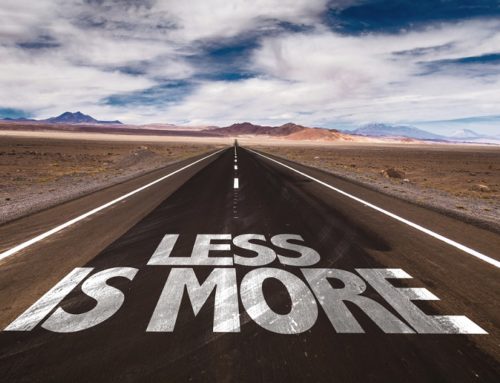“How would you describe the current state of your finances, using 4 or 5 adjectives?”.
That’s one of the questions I always ask my new clients when I meet them in my money coaching practice. This single question can reveal a great deal about how you are currently managing your money.
Some of the most common answers I hear are: “out of control”, “lacks planning”, “unpredictable” and “hard to manage”. However, there’s one term that never fails to show up, and that’s “paycheck-to-paycheck”.
This has led me to dub our generation the “Paycheck-to-Paycheck generation”.
A recent survey by the Canadian Payroll Association found that 51 per cent of employees would find it difficult to meet their financial obligations if their paycheck were delayed by a single week. In other terms, half of those with a regular salary don’t have “financial breathing room” in their bank account to keep them afloat for 7 days.
This statistic becomes even more alarming for those aged 18 to 29 – it increases to 63 per cent.
So what drives so many families to be controlled by their pay day to such an extent?
Through my coaching work, I have often observed the same unhealthy financial habits that push families into that tight corner. So, in order to avoid getting trapped in the ”paycheck-to-paycheck” spiral, I recommend to incorporate some of these healthy habits into your lifestyle:
- Become crystal-clear how much your life is actually costing you. Most households know their main numbers (mortgage, car loan, insurance,…) but they have never taken the time to add up all the other smaller or irregular amounts, such as the daily coffees, kids’ activities, music downloads, movies, electronic gadgets,… Doing a rough estimate is not sufficient. This exercise entails tracking every dollar you spend for at least 3 to 6 months so you have very specific figures. Once you have exact figures, it becomes easier to pinpoint the areas that need adjustments.
- Differentiate between your needs and your wants. Big corporations spend millions of dollars on advertising to convince you that you need the latest model of their product. They go to great extent to make you feel one of three things: 1- “you don’t have enough of something” , 2-“ the something you have isn’t good enough” or 3- “you aren’t good enough without what they’re selling”. All advertising is designed to make you feel inadequate and that’s a major trigger for overspending.
- Practice patience. As Oprah would say “You CAN have it all. You just can’t have it all at once.” Unfortunately, we all want the in-ground pool, the car, the iPhone, and the holidays and we want them today. We are not willing to save for them first. So for your next “want” purchase, save for it first, rather than accepting the payment plan the merchant is offering you. If it’s a “want”, it means you can easily wait before buying it.
- Practice gratitude. If there’s one tool that can help you notice the existing abundance in your life, rather than infinitely chasing what you don’t have, it’s the magical practice of gratitude. With gratitude, you shift the focus in your mind from what you don’t have to what you already have. If you can’t find anything to be grateful for, you can be grateful for your perfectly functioning eyes that let you read this article. Abundance is everywhere; you simply have to practice noticing it.
Materialism has become our new religion, and as a generation we lost focus of what a true enriching life looks like.
To get out of the “paycheck-to-paycheck” trap, it takes some deep digging inside of us and reverting back to real values, such as family, community, simplicity and balance.
This article was originally published in The Chronicle on Sept 24th 2014






